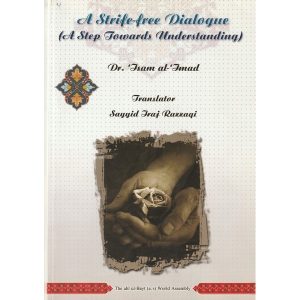Description
The tradition of writing Amali refers to a particular style in Islamic cultures such as disciplines like jurisprudence, tradition and literature. In other words, this concept designated on writing and arrangement of Hadith by hearers. This custom has three parts:one part is one who hear the hadith or traditions and dictate them as Mostamli. The second part is one who speaks and explains the tradition as Momli and third part is the action of dictation as Imla.






Reviews
There are no reviews yet.